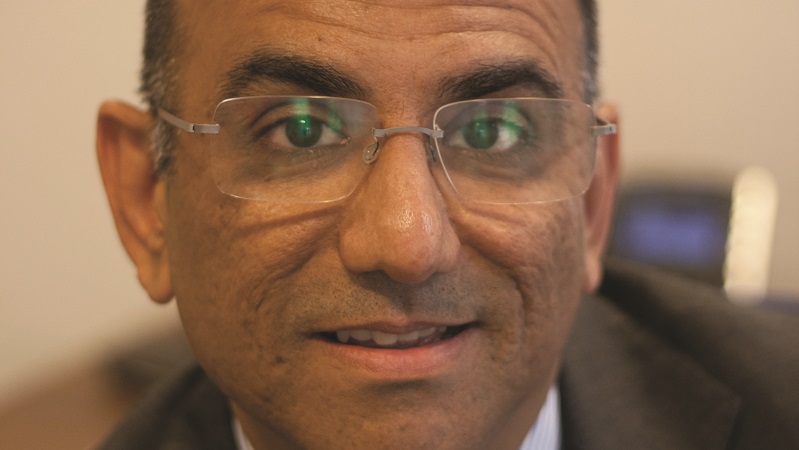Last month, the Financial Conduct Authority (FCA) introduced a raft of regulatory changes, impacting the governance of fund management in the UK.
From 30 September every UK authorised fund manager – as many as 190 firms offering mutual funds to mostly UK retail investors – will have set in motion two key changes.
First, the re-organisation of their fund boards, with the appointment of a minimum of two independent non-executive directors and a chair. Importantly, the board chair will now come under the purview of the rather scary sounding senior manager and certification regime, which takes effect across all of asset management in early December.
If that’s not change enough, each one of these UK firms will also have to start producing an annual assessment of value (AOV) report for every one of their funds available to investors in the UK. Although it will be hard work for the fund boards, for the first time it will allow these firms to explain why and how they believe they are creating value to their investors.
Slow starter
As dramatic as all this sounds, in truth very little actually happened on 30 September and is unlikely to well into October. Other than a few straggler firms, the vast majority will have appointed their independent non-executive directors well before the September deadline. The really well-organised will have held as many as two board meetings with their reconstituted boards.
The very earliest we will see the first AOV reports published will be late November, with many only having to make their first reports available to the public early in 2020. And there are some that won’t have to report on their AOVs until late spring. More drip-feed, than big bang.
It’s understandable that AOV reporting is going to hog the bulk of the headlines through most of the first half of 2020, as asset managers get to grips with what the ‘acceptable’ presentation of value looks like. One hopes the vast majority will push for ‘good’, and a few for ‘better than good’, but recognise that the vast majority will happily take ‘acceptable’ to begin with.
Philip Warland, industry maven, fund governance guru and senior lead adviser to the Fund Boards Council, an independent professional members organisation to support sound fund board governance, believes, “this whole process is going to be evolutionary, at best; and certainly not a revolution”.
Warland is clear that if investors are expecting headline downward pressure on the fees asset managers charge, they may be in for a degree of disappointment in the short term. Longer term, it is hoped the AOV process, combined with generally elevated governance standards, will result in a better understanding of value.
Long way to go
While some of this may sound as exciting as watching paint dry, make no mistake of the importance of what the FCA has sought to do.
For the first time in the very long history of the UK fund management industry, there is going to be a sizeable degree of structured board governance and oversight, with a dose of independence on one of the most important segments of UK financial services.
Not a moment too soon, you may argue, if you’ve been following recent industry events.
What is also becoming increasingly clear is that this regulatory intervention is the only the start. There are a number of obligations to meet as part of this process.
A sensible and well-considered programme expanding the number of independent non-executive directors on boards over time, along with the appointment of independent fund boards chairs are the two most obvious, among several others. While the end may appear less obvious from where we stand today, it has the ability to be significantly consequential. Hopes are that it represents the implementation of good governance in an environment of improved transparency and will result in enduring value for investors.
Shiv Taneja is chief executive of the Fund Boards Council
Related: Intermediaries fail to engage with FCA fund governance makeover









